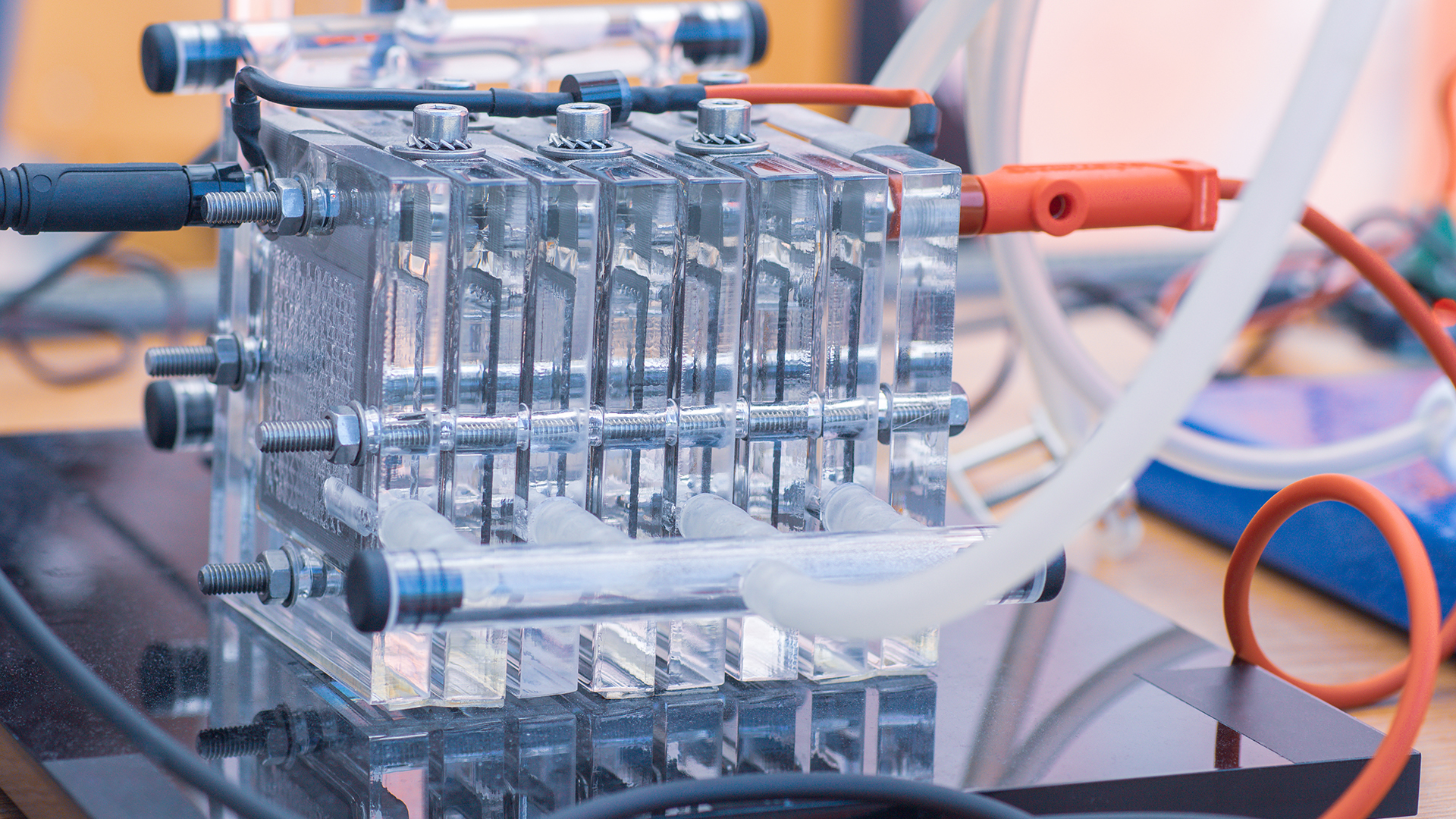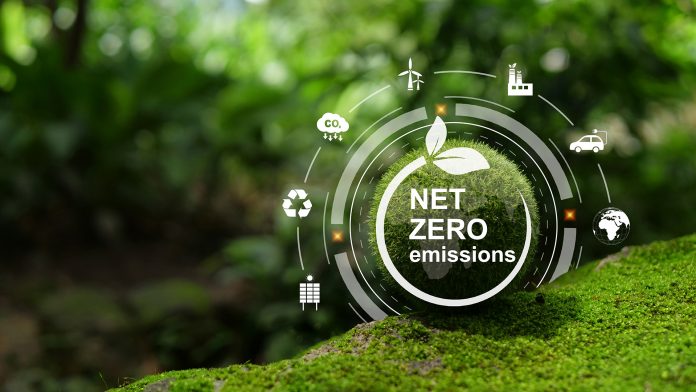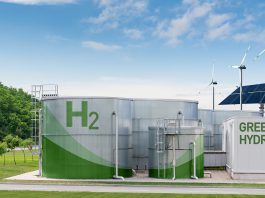The Net Zero Industry Act (NZIA) is a key pillar of the EU’s Green Deal industrial plan, the bloc-wide initiative to enhance the competitiveness of Europe’s net zero industry and accelerate its transition to climate neutrality.
Plenty of provisions in the legislation directly affect the hydrogen sector and will influence the speed and scale of its uptake in the struggle against climate change.
A step towards the approval of the Net Zero Industry Act
On 25 October 2023, NZIA went to vote in the ITRE parliamentary committee, a key step towards final approval of the file, which helps strengthen the competitiveness of the European clean tech sector.
Hydrogen, with its wide range of applications and decarbonisation potential, is included in the legislation as a strategic technology to meet these ambitions.
Electrolysers and fuel cells are in the full scope of the regulation, having been upgraded to strategic technologies in the European tool-belt for reaching a 55% reduction of emissions by 2030 and the net zero target of 2050. The European Commission wants to ensure that, by 2030, at least 40% of EU annual deployment needs for clean technologies should be produced domestically – including electrolysers and fuel cells.

Capturing the hydrogen market
The European Parliament’s ambitions are for Europe to capture 25% of the global market value of these hydrogen technologies. A robust and timely Net Zero Industry Act will ensure these targets can be met and surpassed with the right financial support, thereby ensuring Europe not only secures its own domestic supply of clean tech but potentially places itself as a key exporter of these crucial technologies.
To that end, an ITRE compromise amendment proposes enhanced support to project developers for funding and financing needs, including securing access for certain strategic projects to the ‘sovereignty seal’ (the EU quality label for sovereignty projects) of the strategic technologies for Europe platform (STEP).
STEP seeks to reinforce, leverage, and steer EU funds – existing and new – to investments in European technology.
NZIA key initiatives
Other key initiatives under NZIA include the introduction of net zero academies to provide skilling and reskilling of workforces for the clean transition throughout Europe, and net zero regulatory sandboxes to test innovative net zero technologies in a controlled environment. The ITRE vote is an important step in signing the act into law.
Plenary votes now await while the process will conclude with trilogues between the European Parliament, Commission, and Council.
A welcome sight so far has been the merging of the Net Zero Industry Act and the strategic technologies list, establishing a level playing field among key technologies like renewables, electrolysers, fuel cells, refuelling technology, carbon capture, and other high-efficiency processes.

Hydrogen is a reliable energy solution
The hydrogen industry will keenly watch the discussions around whether the strategic role of hydrogen storage technologies will also be acknowledged.
With its long-term storage capabilities, it is central to the sector itself and to our aspirations for a circular energy system able to mitigate renewable energy fluctuations and provide a reliable solution to curtailment.
Meanwhile, the ITRE mention of ‘advanced materials’ bridges the gap between the adjacent Critical Raw Materials Act (CRM) and NZIA components – meaning strategic resources required to meet Net Zero Industry Act targets will get increased recognition and attention in legislation.
Development of non-price criteria
Another aspect of the act currently under discussion and a theme that is slowly entering the consciousness of legislators worldwide is the development of non-price criteria in public procurement procedures and renewable energy auctions. This means profitability is no longer the most important consideration when awarding permits or funding support to new projects.
In a time where finding ways to reduce our CO2 emissions and become more sustainable is most important, profitability must come second.
The weight of price criteria under NZIA’s Article 19 is proposed to be increased to at least 30% – meaning environmental (quality of implementation and contribution to energy system integration), social sustainability (wages, working conditions, education, and training of staff), and resilience (project contribution to energy security and innovation), will factor into any future decision making.
NZIA will position Europe as a global leader in clean energy
The conversations around the Net Zero Industry Act will significantly impact the trajectory of Europe’s clean tech innovation and its ability to secure its interests in the new energy landscape. We should no longer be satisfied with watching our own research and development used to bolster the profits of global competitors.
Europe can and should be a world leader in clean technology production, and the Net Zero Industry Act is a key component of this objective. Speeding up permitting processes, financing innovation, and placing increased value on sustainability and resilience will help us learn from past lessons.
Please note, this article will also appear in the sixteenth edition of our quarterly publication.









